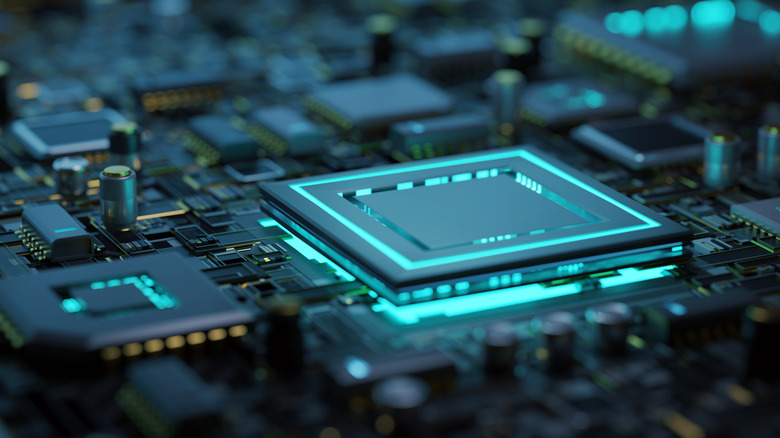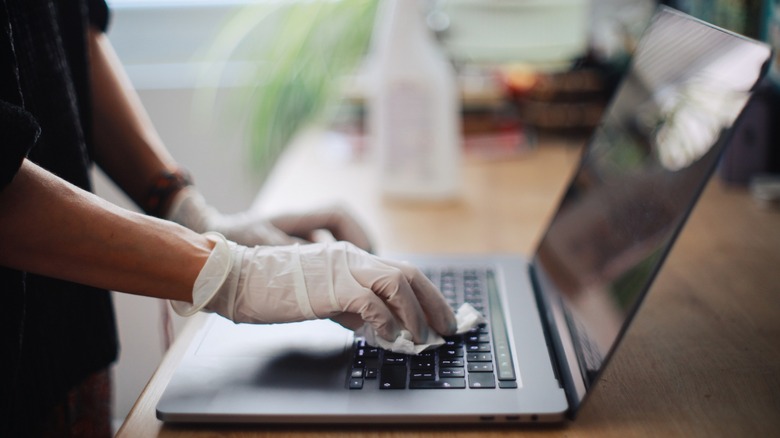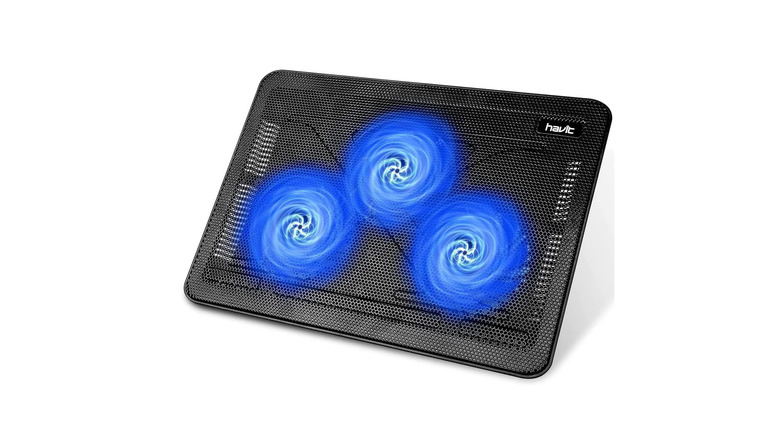Does Keeping Too Many Tabs Open Hurt Your Laptop's Lifespan?
We may receive a commission on purchases made from links.
With the high average cost of laptops, it makes sense many would speculate about things they can do to increase the device's longevity. While consumers might have many questions, one common rumor that has persisted is relatively easier to answer, and it's the idea that having too many tabs open on your laptop will hurt the device's lifespan.
Indeed, it makes sense, as processing more data would logically seem to wear out hardware faster. However, it's a bit more nuanced than that. While theoretically, higher system usage might wear out a laptop faster, it's more related to system temperature than it is to usage when it comes to a laptop's longevity.
In actuality, there are other things much more closely tied to the lifespan of a laptop, and they have nothing to do with internet browsing. Though it seems like the argument would be a valid one, it's taking the attention off actual things people can do to increase their laptop's lifespan.
No, too many open tabs won't hurt the laptop's lifespan
The simple answer to the question is no. While opening new tabs will temporarily increase CPU usage, this increase is only temporary and doesn't significantly impact the laptop's hardware. The same can be said with RAM. Inactive open tabs have a limited impact on system resources, and this usage significantly tapers off the longer the tabs are open. While older systems may have had trouble maintaining open tabs on internet browsers, modern hardware can handle much more complex processes with a much lower impact on overall system resources.
In addition, high hardware usage doesn't hurt the lifespan of a laptop — it's the heat associated with those processes. While nearly all modern laptops generally have cooling systems in place for 100% usage of the GPU, CPU, and RAM, high system usage on older or lower-end laptops could impact the laptop's temperature, adversely affecting the computer's lifespan. The browser itself could be a hog for system resources, so occasionally, closing and opening the browser software is a smart idea, as is restarting the computer.
High temps could occur from high GPU usage from overclocking video cards for better gaming performance. However, high laptop temperatures more commonly arise from blocked fan ports on the actual device or malfunctioning hardware and not too many open tabs.
Take steps to improve your laptop's longevity
Rather than being concerned about the copious amount of tabs open on your browser, there are typically a few easy steps users can take to ensure the longevity of their device. For one, make sure that your laptop is clean and that all fans and ports are free of dirt, dust, and debris.
Use tools like compressed air or microfiber cloths to clean ventilation areas around your laptop. Make sure not to apply the liquid cleaning solution directly to the laptop itself, as it may cause it to malfunction. Keep the laptop in a shady, cool place rather than in direct sunlight.
Additionally, you can remove any bloatware or additional unneeded programs running in the background if you are concerned with slower speeds or greater system resource usage. Malware and adware could also be hurting your system's performance. Monitor CPU and GPU usage by checking the Task Manager on Windows or Activity Monitor on Mac. If your video card is overclocked, make sure to adjust the settings, as overheating the system could be the main culprit to a lower laptop lifespan.
Other cooling options can improve the lifespan of laptops
If you notice that the battery is overheating the system, consider plugging in the laptop without the battery when using it. Leaving the laptop unplugged to increase the longevity of batteries is another myth, as most modern laptop batteries have settings to prevent "overcharging."
However, a hot battery heating up the components on your motherboard is not a good thing. Ultimately, it can hurt the longevity of the laptop. Other cooling methods, like cooling pads, might help reduce overly hot laptop devices. Lastly, upgrading the actual hardware in the laptop, like the computer's fans, can further help with cooling issues the laptop might be experiencing.
There is software that can also help monitor your video card's temperature. In some extreme cases, your laptop may need to be opened to be fully cleaned. If you're unfamiliar with laptop hardware, take it to a highly-rated professional to see if they can investigate any issues related to overheating. Contrary to rumor, having too many tabs open won't actually hurt your laptop's lifespan, but regular overheating or rough treatment certainly will.



